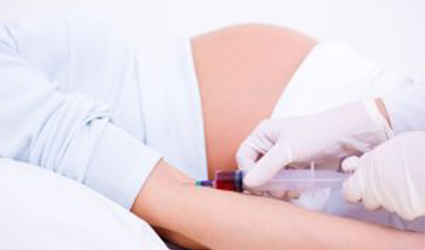Genetic Screening for Embryo Selection does not interfere with Live Birth Rates
August 8, 2018
Source: The Verdict
 658
658

According to an international study funded by the European Society of Human Reproduction and Embryology, the genetic screening of fertilized eggs for embryo selection during assisted reproduction does not make any difference to live birth rates. The results of the randomized controlled trial which inferred that the preimplantation genetic testing for chromosome abnormality (PGT-A) will never increase live birth rates in IVF, were published in the journal Human Reproduction.
The study was initiated in 2012 and women aged 35 to 40 years were considered as the target group, as they are likely to benefit from pre-implantation genetic testing through chromosome screening.
A resemblance in live birth rates was due to miscarriages in the PGT-A group as well as fewer embryo transfers. But there was no confirmation whether reduced miscarriages and benefits of PGT-A transfer efficiency can compensate for the disadvantages of invasiveness and the cost of PGT-A procedure.
Professor Karen Sermon, the principal investigator from the research group Reproduction and Genetics of the Vrije Universiteit Brussel in Belgium, said “There is now a growing consensus that the most important chromosomal abnormalities interfering with implantation are of meiotic origin – that is, they are derived from the egg or the sperm.”
Karen further added that there was “no benefit” of contributing PGT-A to the patient population of this study, especially where only a few eggs were retrieved. Similar rigorous trials should be performed hereafter in other patient groups.
By DduRead more on
- Things to Know before Buying Newborn Baby Incubators March 31, 2022
- Highly Resistant Food Poisoning Bug Responds to Antibiotics September 6, 2018
- Smartphone Based Diagnosis to Identify Mosquitoes Transmitting Infection September 5, 2018
- 3 Natural Plant Extracts Manufacturers on Drugdu.com September 4, 2018
- Shenzhen Chuanggan – Health Assessment Facility Supplier September 4, 2018
your submission has already been received.
OK
Subscribe
Please enter a valid Email address!
Submit
The most relevant industry news & insight will be sent to you every two weeks.



